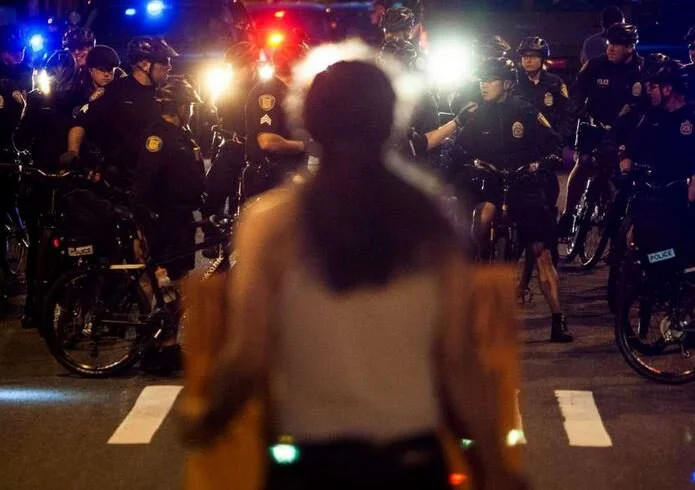A “nominal damages” civil rights case is a case where there is no obvious economic impact to the plaintiff, or only a very small economic impact. Sometimes these cases are suits for $1, or some other small figure, and sometimes such suits seek more money but recover only a symbolic $1 verdict.
Can nominal damages civil rights cases succeed? The answer is a qualified “yes,” depending on what you are trying to accomplish. If your goal is to make lots of money, obviously such a case is not going to do that for you. However, if a plaintiff is passionate about standing up for particular principles, and if those principles may resonate with other people, such a case might have legs. The federal civil rights statute provides for attorney fees even in nominal damages cases, so there can be an incentive for a lawyer to assist with such a case even if there is no big payout contemplated for the person bringing the suit.
There are some basic pragmatic issues to consider. One of the most important is simply that the plaintiff’s leverage in litigation is the threat of going to trial. So if the asserted violation of a right is so minor or trivial that it would be ridiculous to ask a jury of regular people to spend days of their own time stuck in a courtroom resolving the issue, then it probably doesn’t make sense to file that suit in the first place.
For example, consider a brief police detention that, though technically not supported by adequate legal grounds, quickly resolves with the police moving on and letting the detained person go about their business. Yes, this is probably an example of a Fourth Amendment violation. But it’s probably not a good case to pursue absent other facts (such as a discriminatory motive, repeated harassment, etc.), because no defendant will ever agree to settle the case, and if the case ever went to a jury, that jury would most likely be very annoyed at the plaintiff for having wasted their time with the matter. Why should these jurors be forced to sit for days and days in a courthouse to figure out if you were merely inconvenienced for a few minutes?
For that matter, the plaintiff also has to understand that civil rights litigation can be a slow, tedious, and time-consuming process, one that can take years to work through the system and require a considerable amount of work on the plaintiff’s part. It’s probably not worth it, from the potential plaintiff’s perspective, to go through all that aggravation to make a point about some purely technical violation of a legal standard.
With this in mind, a more promising type of “nominal damage” case is one in which the symbolic significance of the violation is high, even if the economic impact is low. Violations that touch on basic political values of our society, such as the right to peacefully protest, the right to religious freedom, or the right to be free from arbitrary state discrimination, can sometimes involve these weighty symbolic factors. The existence of important political principles or the potential for broader public impact in a case is also a factor the courts look to in assessing whether attorney fees should be awarded, and so it is a factor that a lawyer will typically consider in deciding whether to take on a case in the first place.
